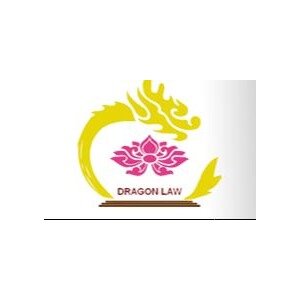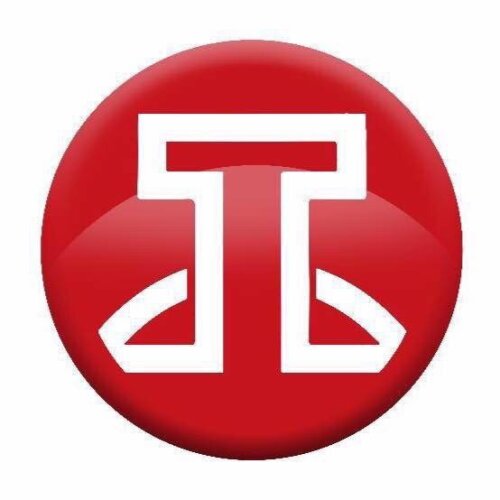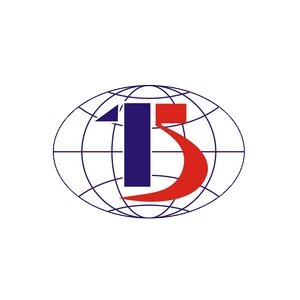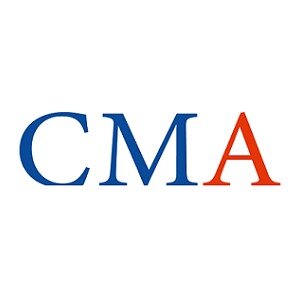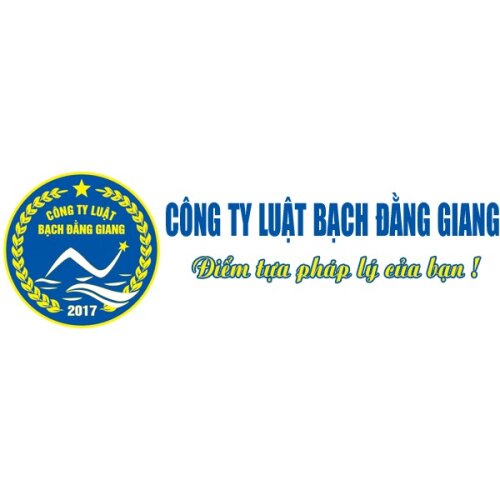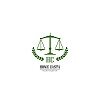Best Sanctions & Export Controls Lawyers in Haiphong
Share your needs with us, get contacted by law firms.
Free. Takes 2 min.
List of the best lawyers in Haiphong, Vietnam
About Sanctions & Export Controls Law in Haiphong, Vietnam
Sanctions and export controls are legal mechanisms established by the Vietnamese government to regulate and oversee the movement of goods, technology, and services across the country's borders. In Haiphong, which is a major port city and industrial hub, these laws play a particularly significant role due to the high volume of international trade and the presence of numerous importers, exporters, and logistics companies. The primary objective of sanctions and export controls is to maintain national security, comply with international obligations, prevent the proliferation of weapons, and protect the local economy.
Vietnam adheres to international treaties and often updates its regulations to align with global standards. Companies and individuals operating in Haiphong must therefore be aware of restrictions involving certain countries, products, and transactions, as violations can result in severe penalties, the suspension of business operations, and reputational damage.
Why You May Need a Lawyer
Legal advice is crucial in the realm of sanctions and export controls because of the complexity and frequently-changing nature of the laws involved. You may need a lawyer if you are:
- Engaged in importing or exporting goods, especially those on restricted or controlled lists
- Unsure if your business activities or transactions comply with current sanctions or embargoes
- Faced with a government investigation, penalty, or customs dispute relating to export or import regulations
- Seeking to expand your trade to new international markets and require compliance guidance
- Handling dual-use items, advanced technology, or sensitive materials with potential military applications
- Participating in joint ventures or investment projects with foreign partners
- Involved in shipping, transportation, or logistics operations tied to cross-border movement of goods
A lawyer specializing in this area can help interpret complex laws, draft compliance programs, represent you in disputes or audits, and advise on best practices to avoid inadvertent violations.
Local Laws Overview
Vietnam's legal framework on sanctions and export controls is anchored by several key laws and government decrees. The most relevant include the Law on Foreign Trade Management, customs regulations, and specialized laws on the management of sensitive goods and technologies.
- The Law on Foreign Trade Management governs export, import, transit, border trade, sanctions, and embargoes. It authorizes the Vietnamese government to impose or lift restrictions and duties based on foreign policy and national security considerations. - Customs Law and associated circulars outline processes for import and export licensing, customs declarations, inspections, and the penalization of violations. - Sector-specific regulations further control the export of military items, dual-use goods, chemicals, pharmaceuticals, cultural products, and technology transfers.
In Haiphong, due to the presence of a major seaport, regulatory enforcement is especially rigorous. The local customs offices and ports enforce national policies and work in coordination with other government agencies to monitor compliance. All entities must keep thorough documentation, acquire necessary permits, and be vigilant about newly issued decrees or changes in the sanctioned country and product lists.
Frequently Asked Questions
What are sanctions and export controls?
Sanctions are restrictions imposed on trade or financial transactions with specific countries, individuals, or sectors to achieve foreign policy or security objectives. Export controls regulate and sometimes prohibit the export of certain goods, technology, or information deemed sensitive or risky.
Who enforces export control laws in Haiphong?
Enforcement is overseen by the Haiphong Customs Department, along with relevant national ministries such as the Ministry of Industry and Trade and the Ministry of National Defense, depending on the type of goods or technology involved.
What kinds of products are typically subject to export controls in Vietnam?
Products often subject to controls include weapons, military equipment, dual-use goods (items with both civilian and military applications), certain chemicals, pharmaceuticals, sensitive technologies, and cultural artifacts.
What are common penalties for violating sanctions or export controls?
Penalties can include fines, seizure of goods, suspension or revocation of business licenses, blacklisting from future trade, and in severe cases, criminal prosecution.
How can a business in Haiphong check if an item is restricted or controlled?
Businesses should consult the locally published lists of controlled goods, updated by the Ministry of Industry and Trade and customs authorities. Legal professionals can help interpret these lists for clarity.
Are there exceptions or licenses available for controlled exports?
Yes, in certain cases, it is possible to apply for export licenses, waivers, or exceptions. The relevant authorities will evaluate these on a case-by-case basis, considering the end use, end user, and destination.
What role do international sanctions play in local Vietnamese law?
Vietnam generally aligns its sanctions policies with those imposed by the United Nations and major trading partners, reflecting its commitments under international law.
What documentation is required for export or import clearance?
Essential documents include commercial invoices, packing lists, certificates of origin, export or import licenses (if required), bills of lading, and permits for controlled goods. Proper documentation is essential for customs clearance.
Can individuals be held responsible for violations, or just companies?
Both individuals and corporate entities can be held liable for violations of sanctions and export controls laws, depending on the nature of the offense and involvement.
How often do sanctions and export control regulations change?
Regulations can change frequently in response to evolving international situations and government policy. Regularly reviewing the latest decrees and seeking professional advice is advised.
Additional Resources
For further assistance and up-to-date information, the following local and national organizations are valuable resources:
- Haiphong Customs Department
- Ministry of Industry and Trade
- Vietnam Chamber of Commerce and Industry
- Department of Export-Import Management
- Haiphong Department of Foreign Affairs
- Local trade and business associations
- Legal aid centers and business advisory services in Haiphong
These organizations provide guidance, access to regulatory updates, and in some cases free or subsidized legal support.
Next Steps
If you believe you need legal assistance regarding sanctions and export controls in Haiphong, consider the following steps:
- Identify your specific issue or concern and gather all relevant documents
- Reach out to a qualified lawyer or law firm with expertise in sanctions and export controls
- Contact local business associations or the Haiphong Customs Department for referrals or general information
- Stay updated on the latest legal developments by subscribing to notices from the Ministry of Industry and Trade
- Participate in seminars or training sessions on compliance, often held by local chambers of commerce
Taking the initiative to consult with a legal professional can help you navigate complex regulations, ensure compliance, avoid costly mistakes, and protect your personal or business interests in the rapidly changing landscape of international trade law in Haiphong.
Lawzana helps you find the best lawyers and law firms in Haiphong through a curated and pre-screened list of qualified legal professionals. Our platform offers rankings and detailed profiles of attorneys and law firms, allowing you to compare based on practice areas, including Sanctions & Export Controls, experience, and client feedback.
Each profile includes a description of the firm's areas of practice, client reviews, team members and partners, year of establishment, spoken languages, office locations, contact information, social media presence, and any published articles or resources. Most firms on our platform speak English and are experienced in both local and international legal matters.
Get a quote from top-rated law firms in Haiphong, Vietnam — quickly, securely, and without unnecessary hassle.
Disclaimer:
The information provided on this page is for general informational purposes only and does not constitute legal advice. While we strive to ensure the accuracy and relevance of the content, legal information may change over time, and interpretations of the law can vary. You should always consult with a qualified legal professional for advice specific to your situation.
We disclaim all liability for actions taken or not taken based on the content of this page. If you believe any information is incorrect or outdated, please contact us, and we will review and update it where appropriate.



